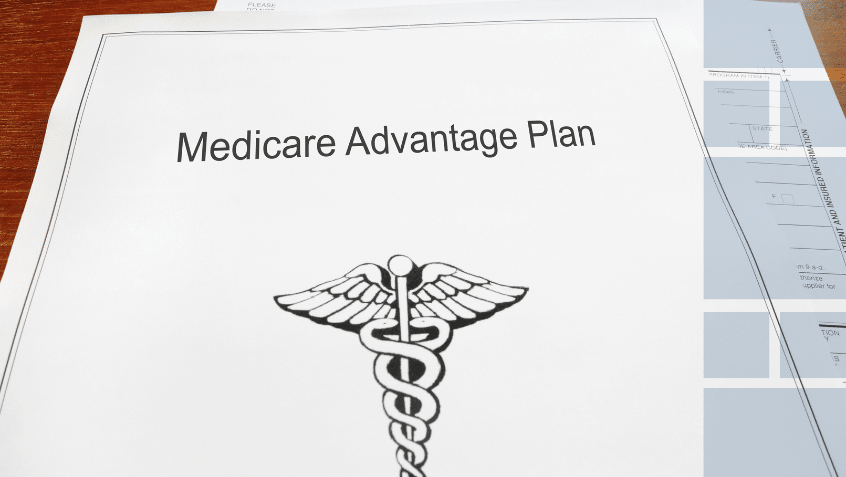Join Us Live for a Discussion on Medicare, Democracy, and the Future of Health Care
Medicare Rights Responds to Proposed Payment Changes for Medicare Advantage Plans

Through an annual document known as the Advance Notice (AN), the Centers for Medicare & Medicaid Services (CMS) proposes changes to Medicare Advantage (MA) and Part D payment policy. On Friday, the Medicare Rights Center weighed in on the agency’s recommendations for 2025. As in previous years, we are supportive of the AN provisions that would make MA payments more accurate and urge CMS to take further action to improve costs and the beneficiary experience, program-wide.
The research from independent experts is clear: Medicare overpays MA plans by billions of dollars each year. This misallocation of resources is negatively impacting Medicare’s finances and long-term sustainability, as well as driving up beneficiary premiums and taxpayer costs. In 2024 alone, the Medicare Payment Advisory Commission (MedPAC) projects that MA plans will be paid 123% of Original Medicare (OM) costs, inflating Part B premiums by $13 billion.
Curbing this wasteful spending becomes more urgent by the day. Overpayments will only grow as MA enrollment does, and both are surging. MA currently provides coverage for more than half (51%) of all people with Medicare, a share that could reach 62% by 2033. Continuing to allow overpayments to rise in tandem will put individual economic security and program sustainability at ever-greater risk. Policymakers must effectively respond to these realities and to the concerns many have about rising Medicare costs, the program’s future, and the need for solutions.
In our comments, we encourage CMS to do just that. We applaud the continued phase-in of planned changes to the MA risk adjustment model that will more closely align it with current health care practices and generate more accurate plan payments.
Elsewhere, we recommend revisions. We are disappointed that CMS is again proposing to apply the 5.9% statutory minimum coding intensity adjustment, rather than a higher and more effective rate. Unchanged since 2018, this minimum amount is not keeping pace with coding intensity or the resulting overpayments. In 2020, risk scores for MA enrollees were already 13% higher than they should have been, generating $16 billion in excess payments. By 2022 scores and additional payments had jumped to 18% and $37 billion, respectively. In 2024 MA coding intensity is expected be 20% higher than OM, yielding an extra $54 billion. CMS must meaningfully intervene without delay.
Although other overpayment drivers—such as soaring rebates that help finance benefits not available in OM and some coding abuses that allow plans to financially benefit from paper-only diagnoses without providing care—are in some ways beyond the scope of the AN, they too require timely action. In our comments and ongoingly, we urge CMS to pursue the full range of payment modernizations, working with Congress where necessary. Such a comprehensive approach would best account for the full range of MA financing flaws and is increasingly critical as Medicare eligibility and MA enrollment numbers grow. Absent systemic reforms, more and more people will experience the pitfalls of the current system, and costs will continue to escalate.
Read the 2025 Advance Notice, CMS Fact Sheet, and our comments.
Show Comments
We welcome thoughtful, respectful discussion on our website. To maintain a safe and constructive environment, comments that include profanity or violent, threatening language will be hidden. We may ban commentors who repeatedly cross these guidelines.
Help Us Protect & Strengthen Medicare
Donate today and make a lasting impact
More than 67 million people rely on Medicare—but many still face barriers to the care they need. With your support, we provide free, unbiased help to people navigating Medicare and work across the country with federal and state advocates to protect Medicare’s future and address the needs of those it serves.
The Latest
Most Read
Add Medicare to Your Inbox
Sign up to receive Medicare news, policy developments, and other useful updates from the Medicare Rights.
View this profile on InstagramMedicare Rights Center (@medicarerights) • Instagram photos and videos









